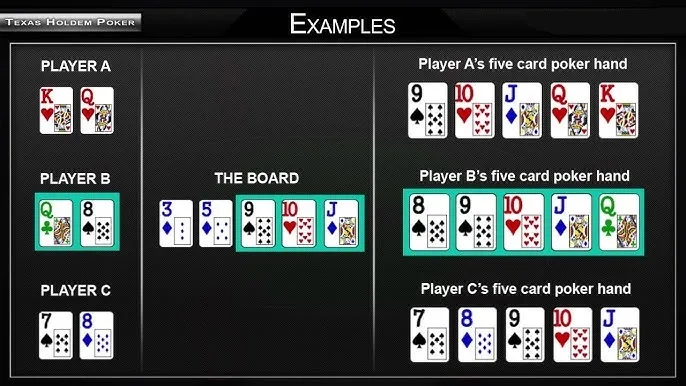
Texas Hold’em Essentials: A Starter Guide Play Like a Pro
Welcome to the exciting world of Texas Hold’em Poker, a game that blends strategy, skill, and a bit of luck, making it a favourite among card enthusiasts worldwide. Whether you’re a novice looking to understand the game or an aspiring player eager to enter your first tournament, this guide will equip you with the necessary knowledge to get started.
Understanding Texas Hold’em Poker
Texas Hold’em Poker is a variant of the classic poker game, known for its simplicity yet strategic depth. Originating in Robstown, Texas, in the early 1900s, it quickly gained popularity and became a staple in World Series Poker by the 1970s. The game’s objective is to create the best five-card hand from any combination of two private cards and five community cards dealt throughout the game. Its widespread appeal lies in its straightforward rules and the complex strategies that players can develop over time.
Rules and Beginner Tips
The game starts with two cards dealt face down to each player. Betting rounds occur before the flop (three community cards), the turn (the fourth community card), and the river (the final community card), with players having the option to bet, call, raise, or fold. A crucial tip for beginners is to start with tight play, focusing on playing strong hands and gradually introducing more hands to your range as you gain experience. Paying attention to position and understanding the odds are also vital for making informed decisions.
Distinguishing Texas Hold’em from Other Poker Games
Unlike other poker variants, Texas Hold’em allows for strategic play based on the visible community cards, enabling more calculated betting and bluffing opportunities. This visibility of potential hand strength fosters a psychological aspect to the game, where player behavior and betting patterns become critical to success. Moreover, the structured betting rounds in Texas Hold’em introduce a level of complexity and excitement unmatched by other versions of poker.

Beginner Strategies
For those new to the game, mastering the basics is key. Focus on understanding hand rankings, the importance of position, and the value of patience. Playing fewer hands but playing them aggressively can be a more effective strategy than playing a wider range of hands passively. Learning to read opponents and manage your bankroll will also serve you well as you progress in your poker journey.
Texas Hold’em Tournaments
Texas Hold’em is not just about casual play; it’s also a competitive sport with tournaments ranging from local pub leagues to the prestigious World Series of Poker. Tournaments offer a structured form of play with set buy-ins, providing players of all levels a chance to compete for significant prizes. Participating in these tournaments can be a thrilling way to test your skills and strategy against a broader field of competitors.
